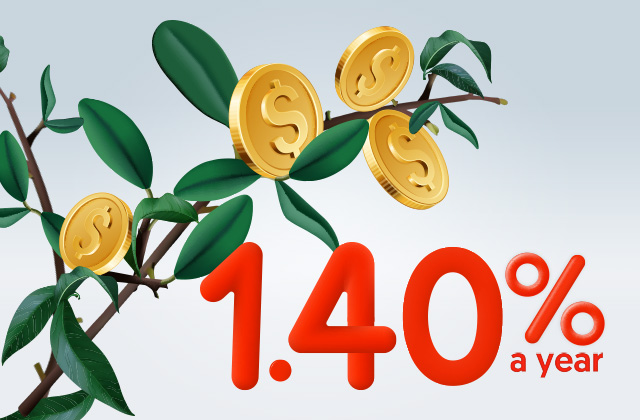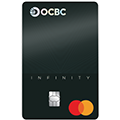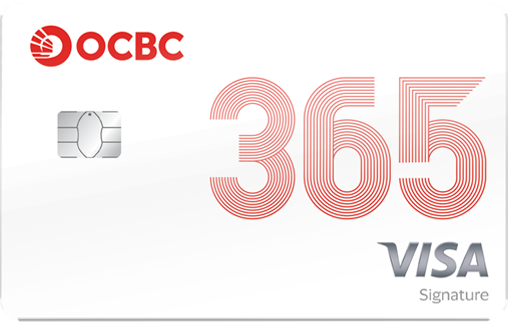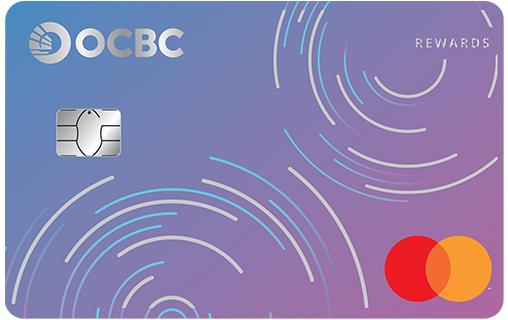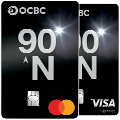#BeAProAgainstCons with OCBC's security measures and anti-scam tips
Holiday scams involve scammers that trick their targets into paying for visa applications, immigration arrival cards or holiday packages at shockingly cheap prices. Only upon leaving for their trip would victims realise that the flight(s) and hotel accommodation they supposedly paid for were never booked by the fraudster posing as a travel agent.
Tactics may vary and span all aspects of travel.
The approach:
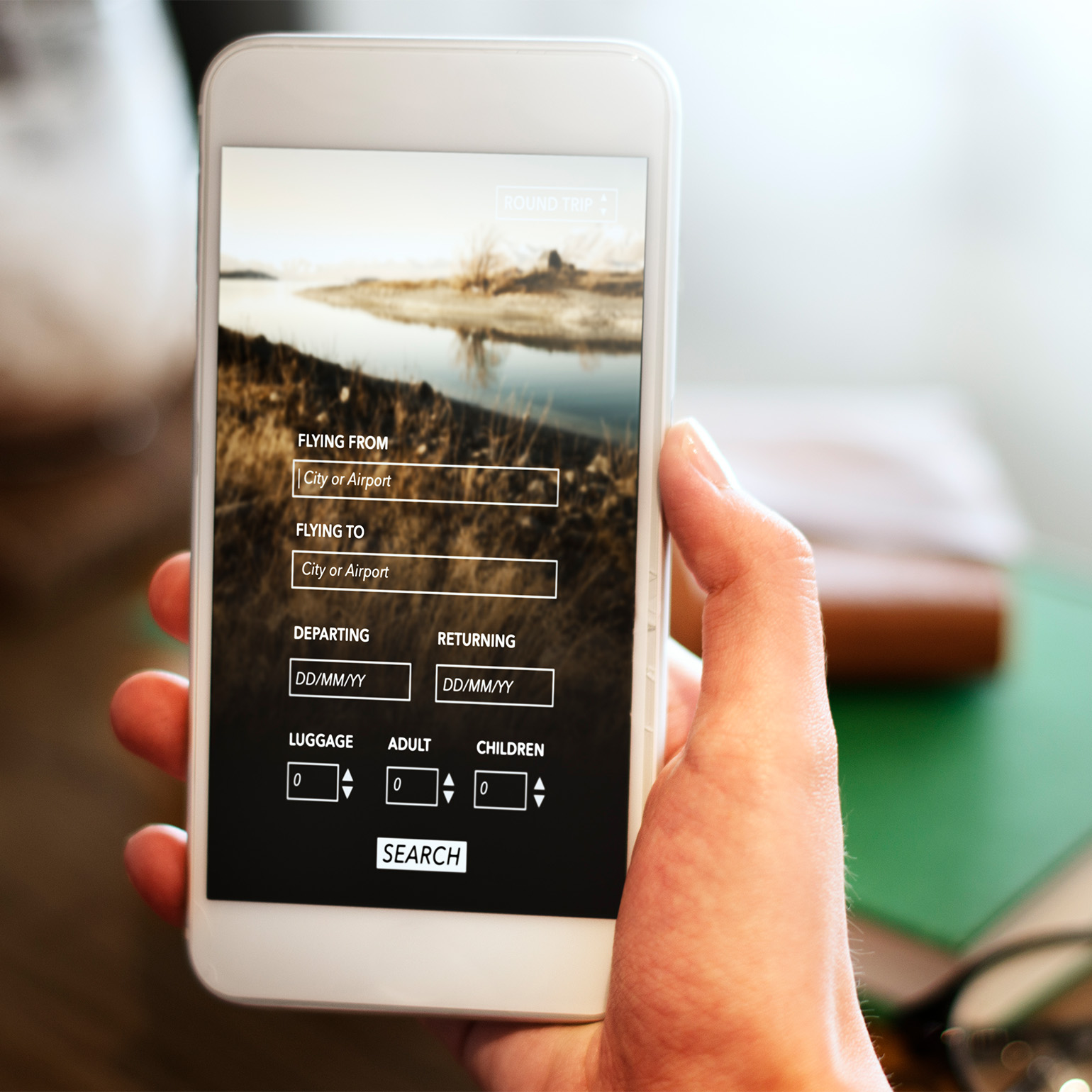
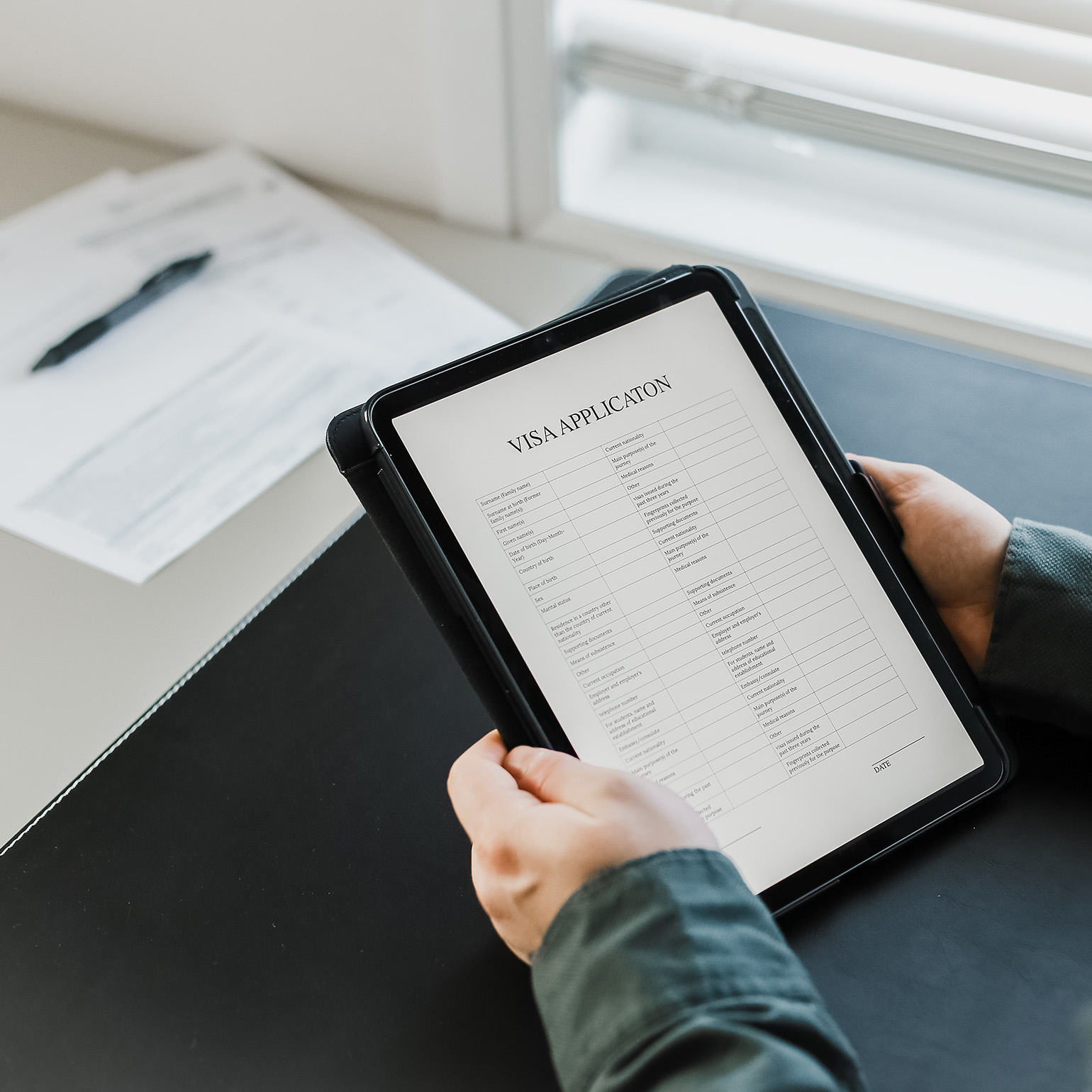


Set up travel agency or booking sites
Scammers may set up travel agency or booking sites that look like genuine ones. To trick people into thinking that they are a reputable vendor, they may use sophisticated layouts, including logos of official trade associations or other well-known travel regulatory bodies and more.

Make claims of cheap and fast services
Some scammers may offer or focus solely on selling visa and/or arrival card application services. They will claim to provide a cheap, fast and hassle-free solution to help travellers obtain their visas or arrival cards.

Engage in false advertising
Scammers may even take out advertisements across different websites, including on social media, to promote travel deals that seem too good to be true. They may also impersonate reputable travel businesses and reach out to their targets directly via social media, WhatsApp or SMS – often offering unbelievable travel deals in exchange for personal and financial information.
Common scam tactics to look out for:

Steal personal details
Scammers will get victims to key in their personal and payment information on the fake travel agency sites and use those details for their own criminal activities.
Sometimes, after the booking has supposedly been confirmed, they will return to ask for more personal details which they claim are necessary for the booking to be processed. They then use these details to commit fraud.

Leave victims in the lurch
Victims usually only realise they have been scammed when they notice – while doing their own due diligence – that their bookings or purchases are not shown to have been processed on their account or credit card statements, or when they realise large sums of money have left their accounts or have been charged to their cards without their authorisation. They may also only realise the truth as they are about to leave for their holiday or upon arriving at their destination.


-
Act quickly
Do not trust lofty promises that sellers make, deals that seem too good to be true or product listings that contain vague or little to no information about the product. -
Do your research
Always buy your air tickets and make hotel bookings via authorised sellers or reputable sources. When in doubt, do your research: Search for the business on a search engine or a social media website to see what others have to say about their experience with them. Ask your family and friends if they have heard of the business.
-
Check against official sources
Check if a vendor is an accredited travel agent at the Singapore Tourism Board and the National Association of Travel Agents Singapore.
Go to the Ministry of Foreign Affairs' website to get details of the visa applications to travel out of Singapore; and the Immigration and Checkpoints Authority's website for entry requirements into Singapore.
-
Read their T&Cs and policies
To protect yourself, make sure that the vendor’s website includes comprehensive Terms and Conditions and booking-related policies. Check that they have their company details – including name, address and contact numbers – on their website. Be suspicious of any vendor that uses vague terms or which do not include their details. Avoid offers that require hidden fees or taxes.

